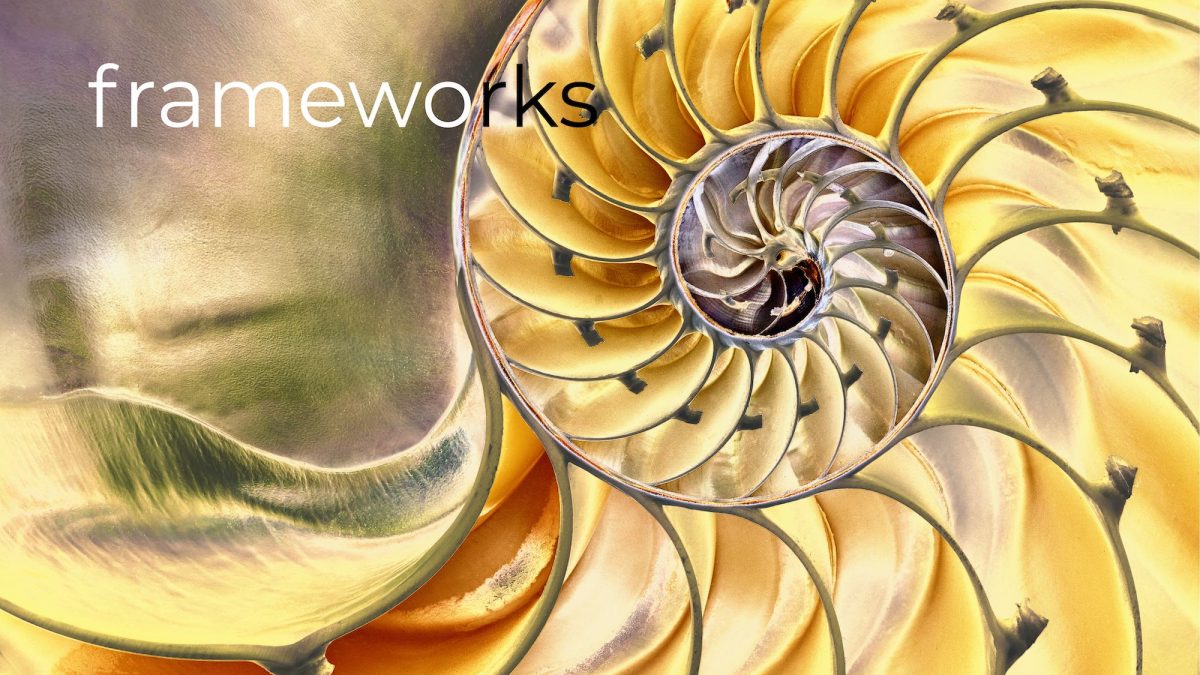Frameworks
Frameworks
What is a framework?
In the Restorative Practices Neuro-developmental model, we have several different types of content. There are educational films, conversations, frameworks, and, as you may have guessed, a lot of practices. Educational films are films designed to teach you something. We have made two film series so far: The Restorative Practices Film Series, and the Connection masterclass. Conversations are generally close to films, but more spontaneous, and less produced: generally a dialogue between two or more members of our faculty. Practices are things that you do. So what the heck are frameworks?
Part of the principal beauty of this model is its flexibility. We are exploring, on this deep learning platform, various ways to scaffold human developmental unfolding, often around the arc of healing from some kind of distress, and moving toward some kind of novel experience of wellbeing and relatedness. Frameworks provide structure for us to grab hold of a constellation of concepts, and work with them in a unifying format. You can think of them as architectures designed to scaffold some kind of process. These can be on the healing side, such as scaffolds for approaching some kind of challenge or symptom. Or they can be on the developmental side, as scaffolds for growth. (In reality, growth and healing are so deeply intertwined, co-arising, and inter-dependent that it is sometimes hard to say which is the leading edge and which is the trailing edge.)
Look to frameworks if you are seeking a way to grapple with an issue or structure a theme in your healing or your growing.
Frameworks can often provide a metativity, which is a word we made up to identify a metaphor, an activity, and a meditation all rolled up into one. This concept of metativity came to us in a moment of inspiration, reflecting on something that George Mumford, who was the mindfulness coach of the Los Angeles Lakers and the Chicago Bulls under Phil Jackson, and who was a mentor of ours, said to Will Kabat-Zinn (a mindfulness teacher) during a car-ride to a retreat many years ago. Will, who was in graduate school at the time, was bemoaning the fact that he did not have enough time in the day to practice tai chi, which he was studying with a master teacher. George was quiet for some time. Then he said to Will, "Live your life in a tai chi manner." Translation: don't go practice tai chi: make your life a practice of tai chi.
A framework is an opportunity to make your life the ground of practice.
To get back to the dashboard, click here or on the My Dashboard button in the top right of your navigation (desktop) or hamburger menu (phone), or use your browser's back button.

